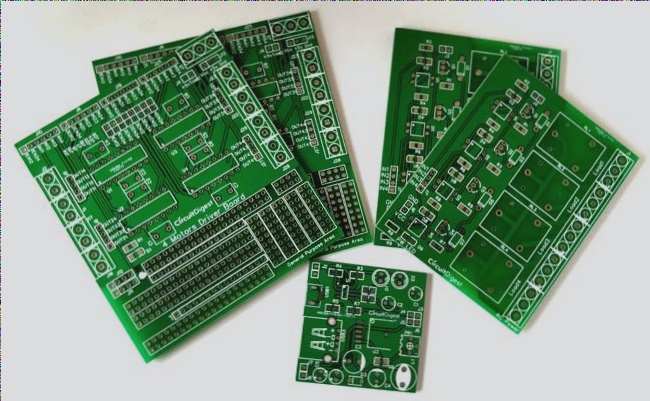Introduction to Selective Welding Processes
The drag welding and dip welding processes offer different options for selective welding on PCBs, with drag welding suited for tight spaces and dip welding providing stable welding for short pins and small pads.

